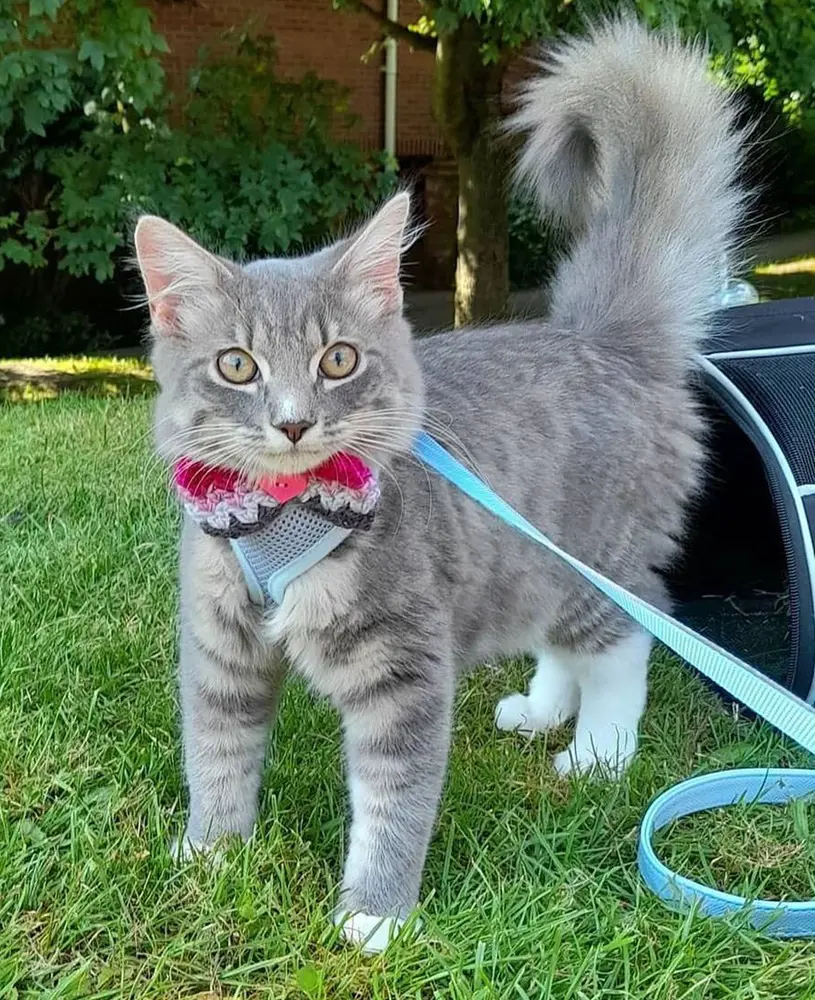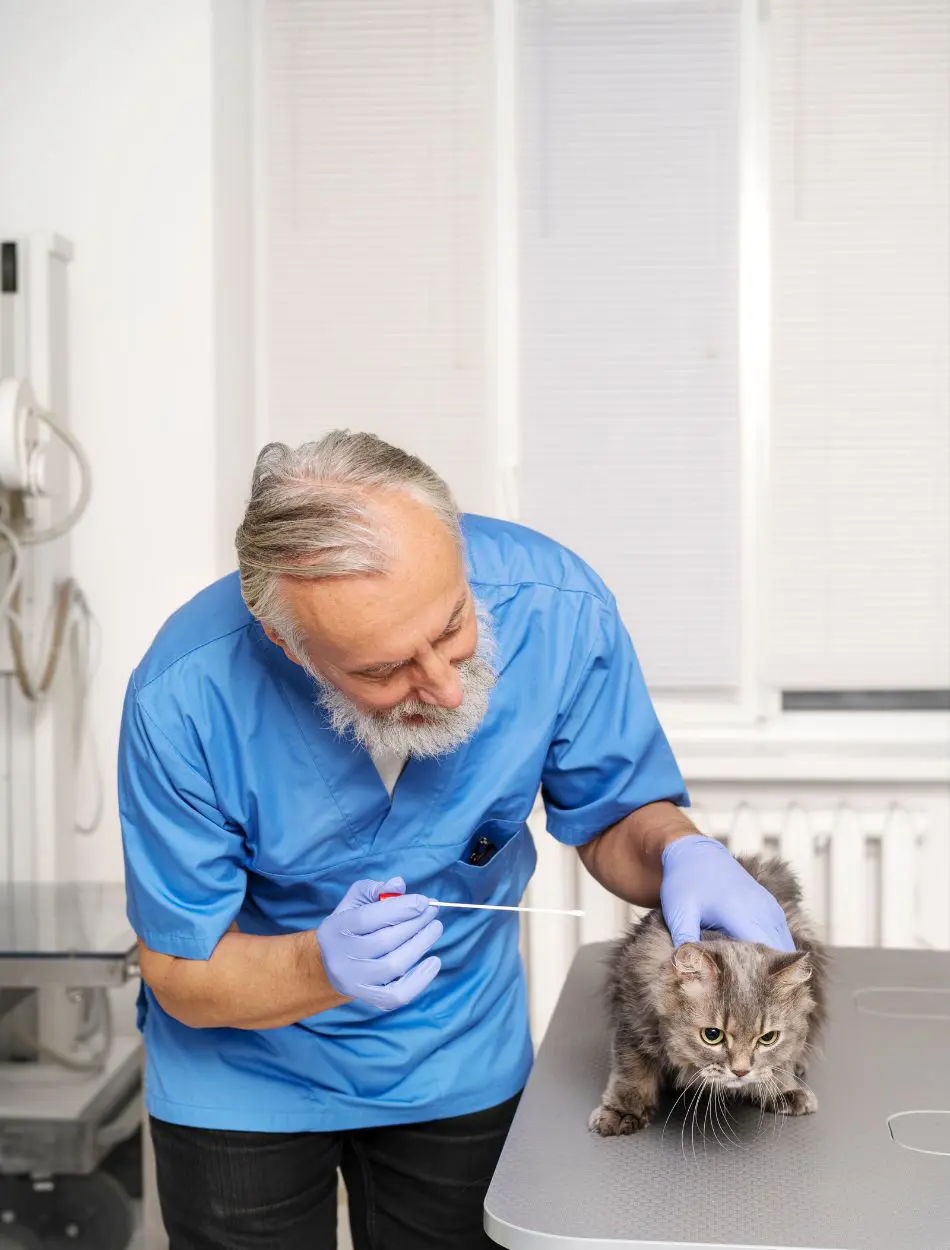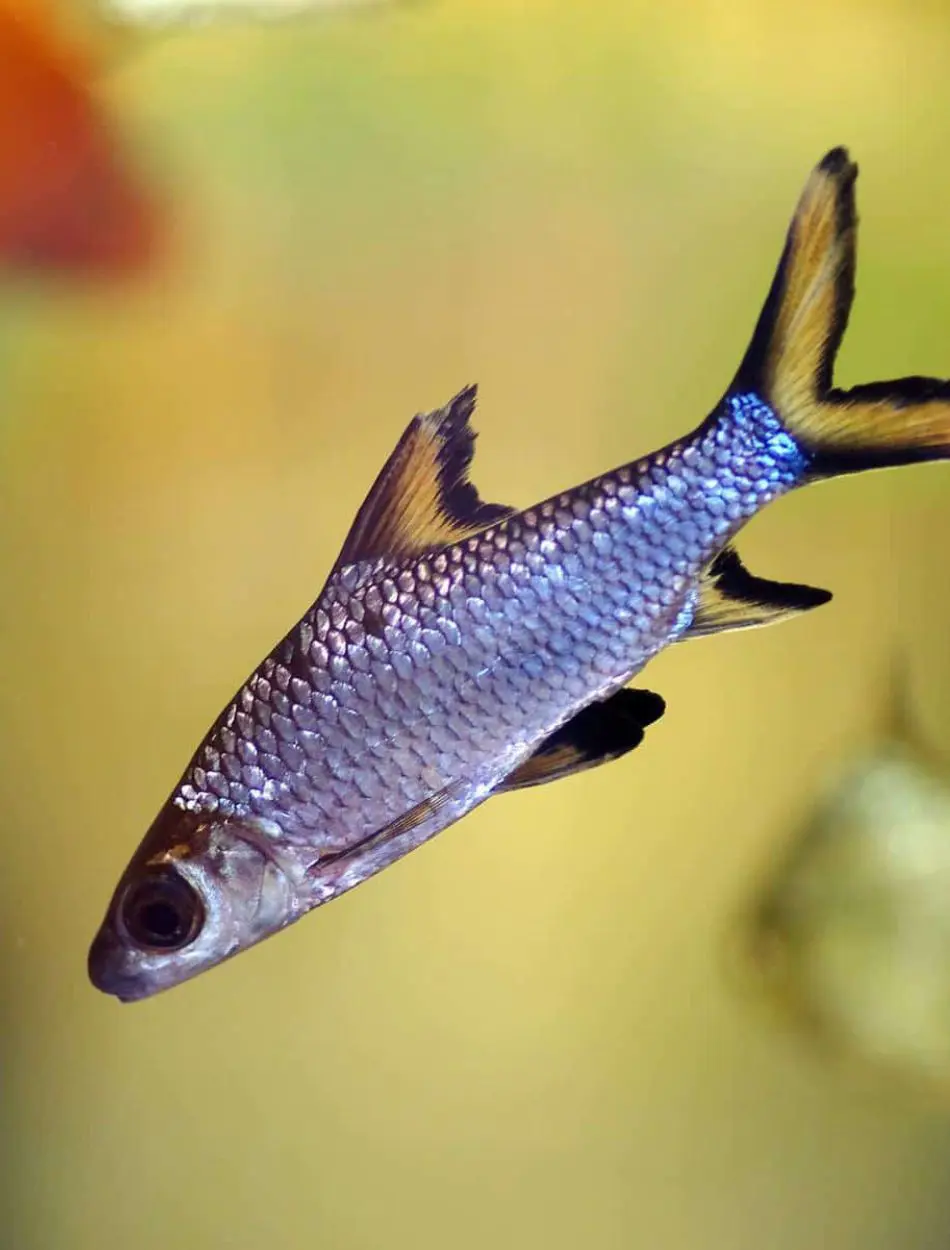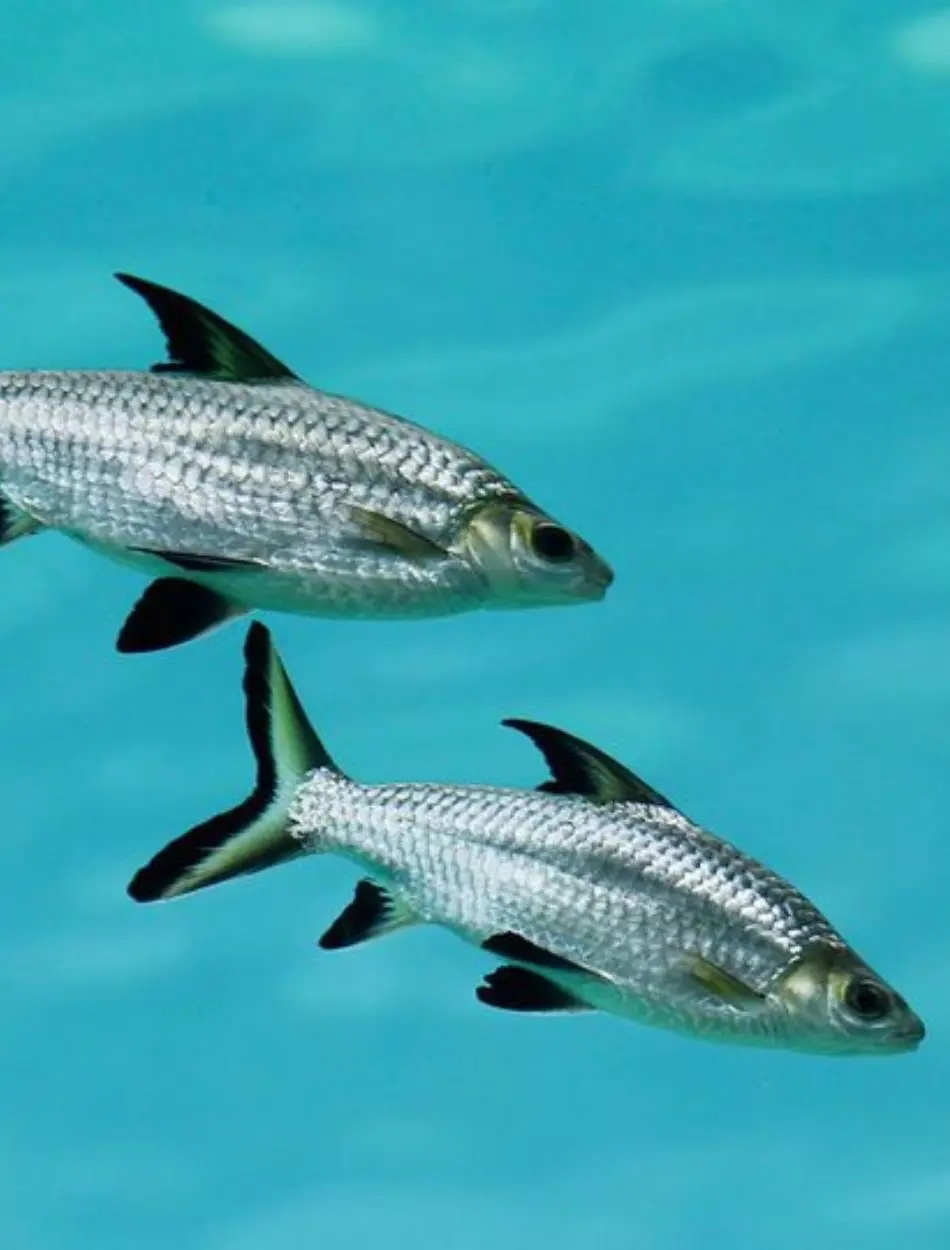20 Fruits That Cats Can Eat

Many fruits can safely be shared with our feline counterparts, knowing what fruits are appropriate for cats brings variation into their diet and keeps them safe. Each fruit has its merits and considerations attached and knowing how to introduce these treats is very important.
Each fruit has its list of advantages and precautions that you need to care for so that they do not turn into problems later on with the experience of giving these treats. Let's learn more about what food your cats can eat in this article.
1. Apples
Your cat will be healthy mostly because this fruit contains vitamins A and C, but the cat can be given after removing the toxic seeds and core from an apple. Before you give a cat an apple for the 1st time, just offer them a small piece to try, cats have a much more sensitive GI tract and can experience diarrhea or loose stool if they eat something new without being slowly introduced to them.
If your cat likes to eat apples and doesn't have any reactions when he eats them, then it is best used as a very occasional treat for him. However, make sure to treat them conservatively because apples should not be a huge part of your cats' diet.
2. Bananas
Bananas have potassium and dietary fiber, which help your cat's gut, the tender texture itself makes it easily chewable for cats. You have to make sure that the pieces are small and bite-sized.
The first time your cat has it, give him a small helping of banana to see whether he appreciates the fruit or not. A few cats are intrigued by sugar, while others seem indifferent to sweetness.
A banana is funny to share but not enough for your cat, the problem here is that ripe bananas are pure sugar. So if you feed them to your cat too often as a treat they can overeat or develop health problems later on.
3. Blueberries

Blueberries are good for your cat and this diet is higher in antioxidants and nutrients, particularly Vitamins C & K. They are little and soft, animals like felines can without much of a stretch acknowledge them so be certain you just give limited quantities as they ought to never.
If your cat takes a shine to blueberries, offer them one or two, some cats you will lose but others are interested in tasting that new flavor concept. If your cat enjoys blueberries as a treat, you can offer them once in a while.
Blueberries are amazing but like I always say, too much of anything can be bad. Since it is a high natural sugar, feeding to your cat in large quantities can cause an upset stomach. As with all treats, blueberries should be part of a balanced diet designed to meet the unique nutritional profile required by your cat.
4. Watermelon
They work for cats like a hydrating wonder in the summertime, it provides your cat with a good amount of hydration as it is almost entirely water. Make certain you remove the seeds as well as only provide him with the watermelon itself.
For watermelon, you need to cut it into the tiniest possible bites your cat can chew up and swallow. That juicy texture may be loved by all the cats, or they might hate it entirely.
So make sure you only give this fruit to your cat if they like and sometimes they tend to overeat food that they like a little bit too much.
5. Strawberries

While your feline friends are already cute enough, here is a fun little miracle of sweetness that they can enjoy in limited amounts of strawberries. These fruits are okay for your cat from a nutritional standpoint as they have vitamin C, fiber, and antioxidants. They should only be in a good, minimized quantity because of the sugar.
With your cat and strawberries, if you want to try a few slices then give one or two thin pieces first. The fruity scent may or may not appeal to some types of cats so others will just ignore it and always wash the strawberries well and remove all leaves before feeding.
You only have to give these types of strawberries as a complimentary treat and not the main diet for your cat. They are not a bad treat for your cat, but they are like most other human foods and should only be given in moderation.
6. Cantaloupe
Rich in vitamins like A and B, this fruit is a great immunity booster for your cat, the soft, juicy texture of cantaloupe is easy for cats to eat and seeds should be removed before serving.
If you are thinking of giving fruit means cantaloupe, then the piece of canteloupe must be small. They have a sweet, rich taste which some cats would probably find palatable and others will most likely turn their head away from. But like any new food, you want to watch your cat for signs of digestive upset or allergies.
Cantaloupe offers a cool refreshing treat, especially during the hot season. Use small amounts of it, the sorbet contains sugar and is not to be used in place of your cat's meal.
7. Peaches
A few peaches are probably a good and tasty snack for cats, they still have vitamins A and C, important ones for your cat. When giving your cat peaches, you will start by offering a slice of the flesh. While that may be sweet to some cats, it will likely smell a little awesome to others.
Peel off the skin because it is hard for your moggy belly and its flesh has to be unripe without going on a little over, press forward in with its pearly whites, or eat rotten fruit. They are a far healthier snack, you should not be giving them to your dog very often because of the sugars.
8. Pineapple

It is a type of fruit that belongs to the part of tropical fruits and surely, can be given to cats when taken in moderation. As for health benefits, shallots contain vitamin C, manganese, and some fiber that may be good sources of nutrients for cats. Add this but in very small amounts because it of more acidity.
To give your cat pineapple, peel the prickly outer layer and de-core then chop them in bite-sized pieces. The syrupy yet tart flavor can be appealing to some cats, but not all, be sure to watch for any digestive upset just like with a new food.
9. Pears
They provide an extra touch of fiber to your cat as well give their level of vitamin C and immune system that good boost. Remove stems and seeds in pears, since those are toxic.
When feeding your cat Pears a whole piece or cube of meat should be fed to your cat when sharing pears with a cat. Some cats may like sweet so make sure you peel off the skin and remove the seeds so that they can chew on it properly.
10. Mango
Loaded with vitamins A, C, and E these can help nourish the health of your cat and remove the skin and core of fruit, as this can be hard for a cat's digestive system to get down. If you wish to offer mango to your cat then cut it into small and bite-size pieces.
So, as with any new food tread very lightly to ensure your pup can enjoy it without ending up in a digestive upset or allergy zone. Most of the cats might like that mild sweet taste but some of them may not.
11. Raspberries

It is a fruit and should therefore be moderate in portion, they have antioxidants such as fiber and vitamins which a pretty good when you are using them for treats. Raspberries, however aside from their natural sugar levels are to be given with caution so as not to upset any sensitive stomachs.
When you are about to feed raspberries to your cat for the first time just one or two berries are sufficient for them. Some cats are acclimatized to bitter and spicy than others. Despite the inflammatory properties of raspberries, give your kitten only after washing them.
12. Kiwi
It is a good fruit, safe in moderation for cats and this makes it a good source of vitamins C and K as well as fiber which is great for keeping your cat's immune system healthy but also will provide support to their gut. Just make sure you always peel and seed them before you share them with your cat.
You can also offer your cat to eat a part of the pulp but in this case, it will get acquainted with the product. It will be a bit sour and bitter, you can give some of them only for the first time while others may not even look at it.
13. Cranberries
They are safe and healthy for cats, full of antioxidants and vitamins they help support your cat's immune system as well as their urinary tract health. However, they are very sour and some cats may not be interested in eating them at all so offer small amounts.
But you can also provide them in their whole form either fresh or dried, just serve a little bit to find out whether your cat feels worth having this taste. A few cats might like the preservatives.
14. Papaya

Papaya is a good summer fruit in moderation for felines, these contain vitamins that are essential to your cat's health. Papaya has that mushy flesh so it suits too with anatomies make sure you remove the seeds because they can be toxic to them.
Cat owners should always use caution or avoid giving cat papaya fruit flesh, but they can eat small pieces each time. Sweet, Juicy, and a great source of vitamins A & C among others the fig can be an acquired taste, some cats love it while many do not. Make sure you start very slowly and listen to your digestion.
15. Blackberries
Blackberries are at the bottom but healthy fresh fruit kitties should eat in moderation no more than 10% of their diet. It is packed with B vitamins and is nutrient-dense rich in antioxidants as well as fiber and vitamins.
If your cat is okay with it and not intolerant, try to give the fruit in small amounts at a time not in a pie or cobbler. As with any new treat, you will want to start by offering just a few blackberries and watch your cat for side effects of digestive upset.
Blackberries are non-toxic to cats and they cat should not have a problem if it is consumed in moderation. As long you limit the amount of it, they also work great as a reward.
16. Honeydew
Another allowable fruit to be fed to a cat is honeydew melon, this food is rich in many kinds of vitamins, and it highly contains water in its nutrition. It is highly loaded not only with vitamin C but also with potassium to enhance a cat's immune system or uplift its general health.
Introduce honeydew to your cat in small, bite-sized portions, cats will enjoy the sweet flavor of the whole flavor that the honeydew melon offers, while some cats do not show much interest. Watch your cat carefully for a few hours after consumption of any new food for signs of stomach upset or allergic reactions.
17. Oranges

They are a slightly tricky treat for your cat, no parts of an orange should be fed to a cat because of its acidity and very strong flavor from citruses. Conclusively, the seeds and peel of an orange are also harmful to cats.
If you try to feed the orange food to your cat, be sure to remove all seeds and peel, you might sit down beside your feline friend and eat some of it with them. Some cats may enjoy this new flavor and others may completely reject it.
There are still some other fruits your cats can safely and enjoyably munch, an oranges should be dodged when treating your little feline friend. Offer them low-acidic and low-sugar fruits to give them a treat that will be better and tastier for them.
18. Apricot
They are good in vitamins A and C and hence can potentially contribute to the health value of your cat. Just be sure to remove the pip, there is cyanide inside, and it is a choking hazard. Offer some in small, manageable pieces of flesh.
Cats enjoy the sweetish, tart taste of apricots and others do not bother with the same. Acquaint a cat with an apricot by feeding only a small quantity of the flesh and be very careful to know that the apricot is ripe and tender in the highest measure.
19. Guava

While guavas are safe for cat consumption in small quantities, they are very rich in nutritional content. They are very dense with vitamins A and C and in fiber and other nutrients that would greatly benefit the overall health of your favorite cats.
Feeding your cat guava should begin with a very small amount of the flesh, followed by observation on the part of the owner as to how the cat reacts. Though many will love it because of its sweet, tropical flavor, some cats just couldn't care less.
It should be given in very little bits because the fruit carries a very high sugar content, and health complications in cats can be easily avoided, such as obesity and stomach upset. A cat should rarely be fed guava and not as part of their diet.
20. Pomegranates
The fruit is exotic, but comparatively safe for cats, as it contains a good many free radicals scavengers known as antioxidants, vitamins, and fibers. One should feed only a little to the cats, the only hitch is that the seeds form a choking hazard and are mostly indigestible to the cats, needing their removal before feeding.
Small piece of flesh with a couple of pieces of pomegranate fed to your cat, because sometimes one does not appreciate a new taste of food as much as another. Any new foods need to be introduced slowly and monitored for any signs of digestive upset.
Top Lists








